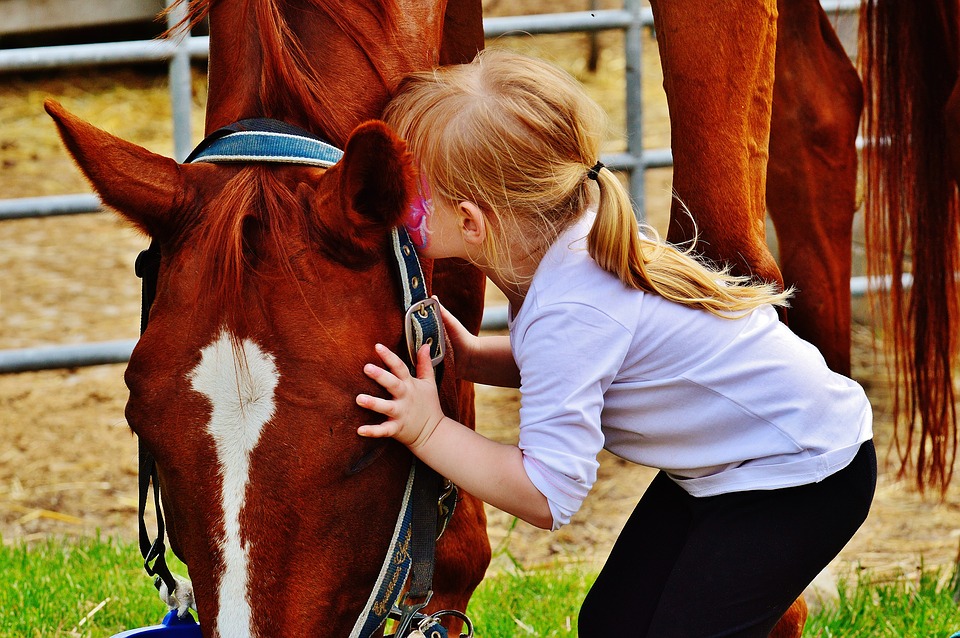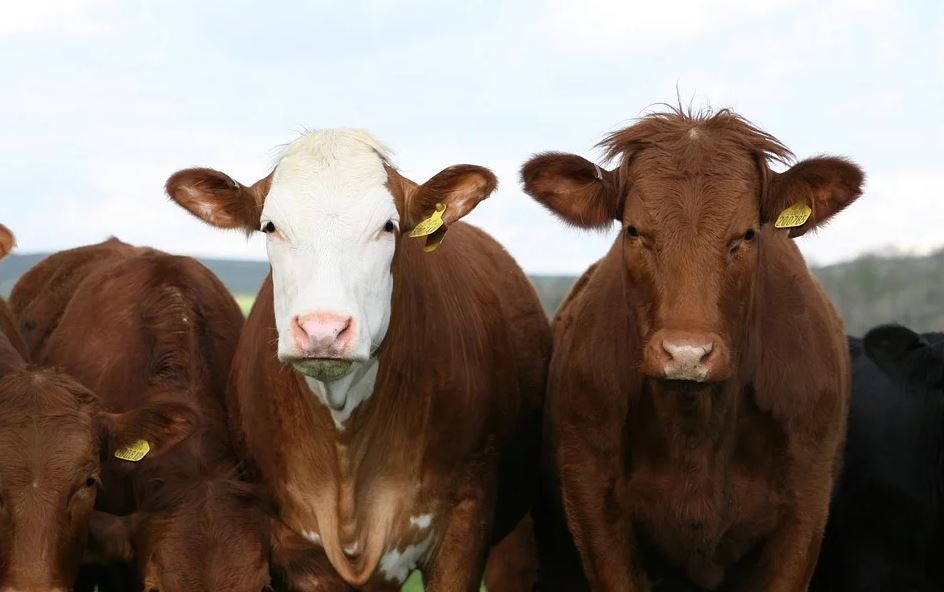This suggests, according to researchers at Ohio State University, that early exposure to a wider variety of environmental bacteria, including those found in and on livestock, leads to health and immune system benefits later in life.
Growing Up Beside Livestock May Strengthen Babies’ Immune Systems
COLUMBUS, Ohio — Looking to expand your family with some pets? Consider taking on chickens or goats. A study of gut microbes collected from Amish babies, who are raised around a variety of livestock, showed they are much more diverse — in a good way — than the gut microbes of urban babies. This suggests, according to researchers at Ohio State University, that early exposure to a wider variety of environmental bacteria, including those found in and on livestock, leads to health and immune system benefits later in life.
Furthermore, in a first-of-its-kind experiment, the research team was able to gather evidence that a healthy, diverse gut microbiome might lead to better development of the respiratory immune system. If you’re one of those parents quick to squirt a dollop of hand sanitizer on your children’s palms after visiting a petting zoo, experts suggest considering the other side of the coin.
“Good hygiene is important, but from the perspective of our immune systems, a sanitized environment robs our immune systems of the opportunity to be educated by microbes. Too clean is not necessarily a good thing,” says co-lead author Zhongtang Yu in a release. Yu is a professor of microbiology in Ohio State’s Department of Animal Sciences.
Researchers collected fecal samples from 10 babies in Ohio, all between six months to a year old. Five were Amish babies living in rural homes with farm animals. The other five lived in or near the mid-sized city of Wooster and had no known contact with livestock.
Upon analyzation, the stool samples revealed many important differences. There was a big variation in microbes between the urban and rural babies. More specifically, there was a large amount of beneficial bacteria present in the Amish babies’ intestines that wasn’t found in the urban babies’ samples.
Yu and his team say they expected to see these differences, due to the plain-to-see fact that Amish live beside livestock and just live a less sanitary lifestyle in general than most other people. However, what they were really after was how these microbiome differences affect immune system development and help prepare the body to identify and attack diseases, and protect itself against allergies and other problems later on in life. Prior research has already found Amish population samples to exhibit lower allergy and asthma rates.
Free Range Report
Thank you for reading our latest report, but before you go…
Our loyalty is to the truth and to YOU, our readers!
We respect your reading experience, and have refrained from putting up a paywall and obnoxious advertisements, which means that we get by on small donations from people like you. We’re not asking for much, but any amount that you can give goes a long way to securing a better future for the people who make America great.
[paypal_donation_button]
For as little as $1 you can support Free Range Report, and it takes only a moment.



